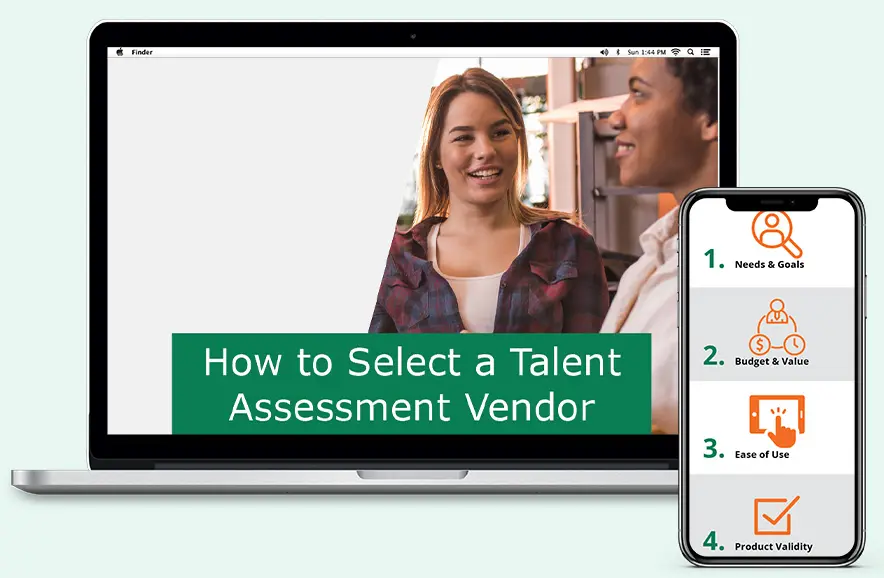As more and more businesses adopt work from home policies, employees are forced to adapt. Some thrive in this new environment, relishing the home brew coffee, self-dictated schedule or working from the couch. Others aren’t adjusting as seamlessly.
I am one of those who has not adapted easily. I have always found working from home to be a struggle, and now that it’s mandated it’s becoming clear that some of my key personality traits make it challenging for me to adjust. I am highly Distractible and Spontaneous and find that instead of just multitasking work priorities, I’m multitasking chores, baking, and other household activities that filter into my daily routine, taking me away from my work. I am also Outgoing, and I miss the human connection the office brings – feeling instead lonely and isolated. I crave the face-to-face interaction with my team who can share strategies for how to thrive in this new reality.
By understanding what aspects of my personality are holding me back, I can work with my team to implement strategies around each of our personalities. Ideally, we can then all find the work from home productivity we need.
If you’re now managing a remote workforce, consider the following traits from our Attitude-Values-Personality profile. Employees with one or more of these as dominant traits may be experiencing challenges in the sudden shift to working from home and social distancing:
Workstyle & Performance (Profile)
Non-Dominant: Employees who are highly Non-Dominant may be uncomfortable or even lost when working from home. The autonomy in a remote work environment provides a lack of oversight or direction, which may lead to a decrease in productivity.
Manager tip: Check in with these employees regularly, and provide clear objectives, support as needed, and help them overcome roadblocks. Make sure they have the information and instruction needed to keep working.
Outgoing: Employees who are highly Outgoing may be struggling with the lack of human contact during social isolation. Their opportunity to connect and network with others has been severely limited, and they may experience a loss of verbal recognition that keeps them engaged.
Manager Tip: Give them the ability to set up lunchtime check in’s on video chat, so they can connect with other team members. As their manager, offer feedback verbally through phone calls.
Empathetic: Employees who are highly Empathetic may be feeling the collective pain and despair of the current global situation, while highly Empathetic managers may struggle with mass layoffs, internaliing the hardships of their employees amidst so much uncertainty.
Manager tip: It is important to check in on these employees, especially when you are no longer seeing them day-to-day. Help them see the bigger picture and how their actions will help move the organization through uncertainty to the other side.
Spontaneous: Employees who are highly Spontaneous may neglect planning and preparation while shifting to working remotely. They may struggle with the adjustment, creating a work plan and schedule in their new environment.
Manager tip: Help these employees by helping them create some structure in such a flexible environment. They will adapt well once they find the direction they need.
Conventional: Employees who are highly Conventional may struggle with the sudden change to work from home. These employees prefer established methods and therefore, may struggle to find new solutions and adapt to change such as, new technology and virtual communication tools.
Manager tip: Provide an adjustment period for these employees to get used to new tools and methods, and help guide them through using these new procedures so they are able to become comfortable in their new situation.
Download the Attitude-Values-Personality Quick Reference Guide to understand all the dimensions.
Work Values & Attitude
Low Responsibility: Employees who score low in Responsibility may struggle with follow-through on work and meeting others’ expectations while working from home. These employees can be perceived as unreliable if they miss deadlines or online meetings they may view as “guidelines” or “optional” when working away from their manager.
Manager tip: Help these employees set their own expectations and timelines so that they can work toward goals. Provide clear, concise communication around expectations and deliverables.
Low Positive Attitude: Employees who score low in Positive Attitude may struggle to see the benefits of working from home, and the opportunities in adverse situations that could arise.
Manager tip: Listen to the constructive criticism and downsides to working from home that these employees can provide, as they may have valid suggestions, and offer them realistic strategies to help them adjust.
Low Open Communication: Employees who score low in Open Communication may struggle with staying connected to their team while working from home. They may keep their distance and refrain from initiating communication with others, appearing closed-off from the rest of the group.
Manager tip: Take the time to check in with these employees on a regular basis, and encourage them to set up conference calls or video chats with their team members so they are able to stay engaged with their team. Accept that not everyone will participate equally on these calls.
Safety Quotient
Distractible: Employees who are highly Distractible may struggle to keep focused while working from home, due to more stimuli and activities available to them.
Manager tip: Speak to your employee about strategies that may involve shorter times of focus, such as work sprints. Suggest that when possible, they create a work area away from distraction, and recognize that they may need to change how they typically complete their work.
Resistant: Employees who are highly Resistant may struggle to adapt to a remote working environment, as they may be questioning the purposes behind the new guidelines and restrictions. Resistant workers tend to believe that rules do not apply to them, so they may be violating the temporary restrictions being put on them for work – or for the health and safety of the community.
Manager tip: Help these employees adjust by explaining the reasons for change and allow them to provide feedback. Also, make clear the consequences of not following the rules so they are fully aware.
Anxious: Employees who are highly Anxious will be quick to understand the importance of working remotely, however, may struggle to think clearly during times of stress and uncertainty and may feel too overwhelmed to complete their work tasks effectively.
Manager tip: Provide support to these employees by allowing them to express their worries, and provide examples of how their new situation will help protect them. If available, these employees may benefit from additional emotional support.
During periods of heightened stress and uncertainty, our default-settings take over. Our natural tendencies may become more pronounced at work, at home and when on our own. Some people may find their self-regulation falters, while others will rise to the challenge of the times. Understanding our personality traits, and the traits of our employees, during unprecedented times will reduce unnecessary conflict and allow us to support one another through the months ahead.
Take the time to understand your own default personality by taking our Attitude-Values-Personality assessment now:










